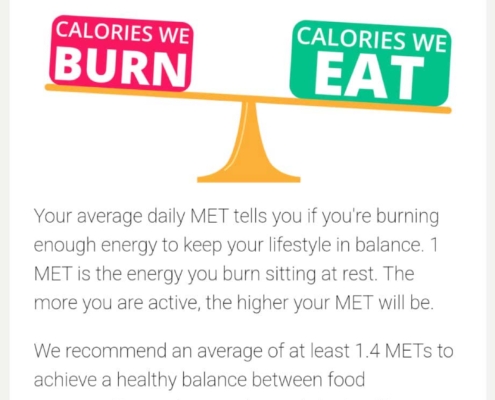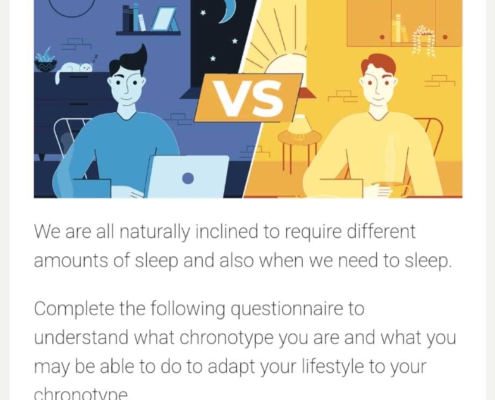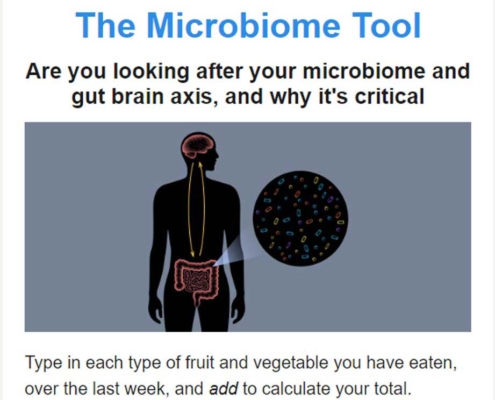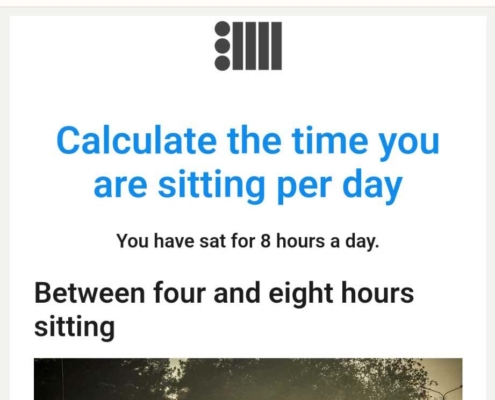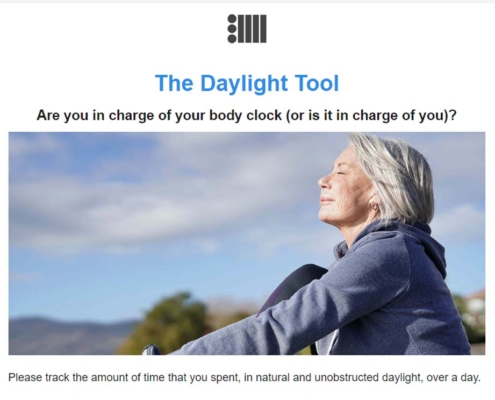Self-awareness Tools
METS Equivalent Calculator
One of the most common problems people experience in trying to lose or maintain body weight is the question of whether they should focus more effort on exercise or diet.
There is a pragmatic and applied approach to answering the question of what works best for you, and it is based on an index that views your daily energy expenditure in the context of your weight, and it’s called the metabolic equivalent or MET.
Our tool uses this approach to identify whether you should focus on exercise or nutrition/diet to find your optimal lifestyle balance.
What Chronotype are you?
Chronotype is your body’s natural rhythm, or in built clock, that regulates and impacts many aspects of your lifestyle, such as your sleep.
Our tool, through a series, of simple questions, identifies what chronotype you are and how you can support your body and chronotype to optimally regulate your sleep.
The Microbiome Tool
We need food to survive and to thrive. Without the appropriate nutrients, our bodies and our brains will simply not function well if at all. Research has shown that we should eat at least 30 different plant-based foods over the course of a week.
Our tool asks you to list all the fruit, vegetables, beans and funghi you have consumed over the last week to understand your intake of plant-based nutrients and where you can take steps to improving your nutrition intake and balance.
Time Sitting Tool
Many of us have learnt to try to walk 10,000 steps per day but reducing our time sitting is equally critical. High levels of sitting time, irrespective of physical activity, are associated with an increased risk of cardiovascular disease and diabetes, as well as some mental health conditions. We, as humans need to sit less.
Our simple tool allows you to determine your daily time spent sitting and outline simple steps you can take to reduce your time sitting.
Are you in charge of your body clock (or is it in charge of you)? Use our daylight tool to understand how much daylight you really get during a day.
Throughout evolution wakefulness and sleep were triggered by the light/dark cycle and the ‘circadian’ body clock. This coordination can fail and we can find ourselves feeling less awake during the day and less sleepy at night.


